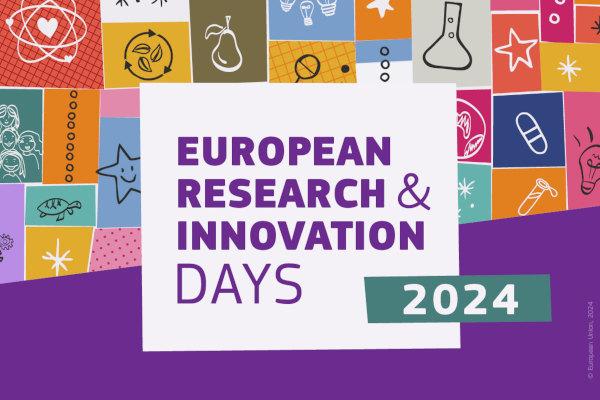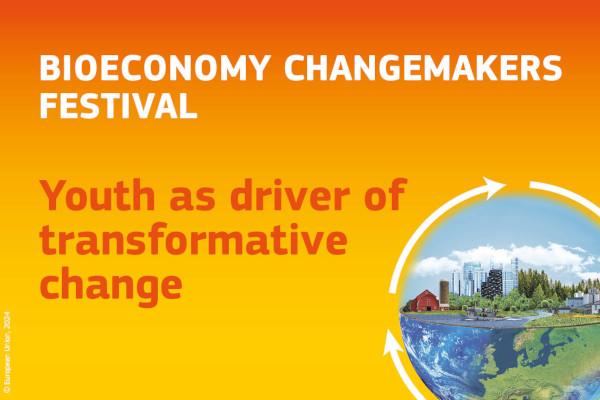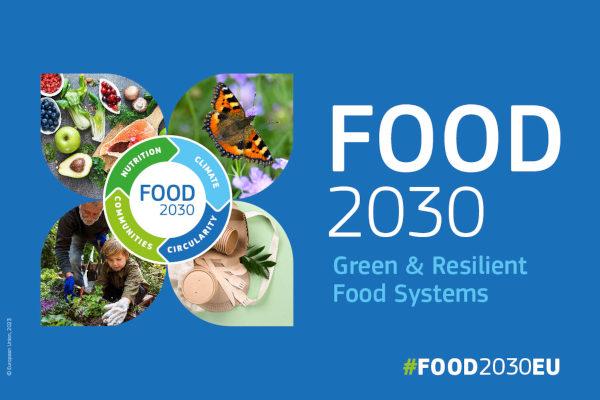Why the EU supports bioeconomy research and innovation
The bioeconomy means using renewable biological resources from land and sea, like crops, forests, fish, animals and micro-organisms to produce food, materials and energy.
Stronger development of the bioeconomy will help the EU accelerate progress towards a circular and low-carbon economy.
It will help modernise and strengthen the EU industrial base, creating new value chains and greener, more cost-effective industrial processes, while protecting biodiversity and the environment.
More about the EU's bioeconomy strategy and action plan
As action under the 2018 EU Bioeconomy Strategy, a study on bioeconomy education, training and skills has been launched in June 2021. The findings of this study will be published in Summer 2022.
Regional Innovation Valleys for Bioeconomy and Food Systems
In July 2022, the European Commission published the Communication “New European Innovation Agenda” (NEIA). The document presented five important flagships. Under Flagship 3 NEIA introduced the initiative of Regional Innovation Valleys (RIVs).
RIVs are crucial because value chains are evolving and initiatives, such as RIVs, can play a major role in helping to develop innovative solutions to contribute to the strategic sovereignty of Europe.
With the main objective of supporting NEIA, its priority areas and the RIVs, the Regional Innovation Valleys for Bioeconomy and Food Systems (RIV4BFS) arise, taking into account Bioeconomy principles. The RIV4BFS will contribute to the New European Innovation Agenda and its flagship action in building 100 regional deep-tech innovation valleys. They will have significant potential to support and accelerate the deployment of the bioeconomy in regions where people live and work, and to address the innovation divide within the EU, with a particular attention to countries from Central and Eastern Europe
The concept of the Regional Innovation Valleys for Bioeconomy and Food Systems was developed by European Commission (EC) with input from Member States provided in a workshop at the European Bioeconomy Policy Forum in July 2023.
Policy focus
Funding opportunities
Calls for proposal on bioeconomy-related themes in Horizon Europe and information on the work programme.
Loans and guarantees to innovative businesses for research and innovation activities.
Loans for projects in agriculture, forest-based, blue economy, waste management. Loans guaranteed by the European Fund for Strategic Investments for high-risk investment in production and processing of food, biobased materials and bioenergy.
Bioeconomy research related calls can be found in national rural development programmes, European Maritime and Fisheries Fund, Cohesion Fund for renewable energy projects, European Regional Development Fund for smart specialisation.
The ECBF is part-funded by the Commission and invests in late-stage bioeconomy start-ups.
Funding supporting the deployment of biobased solutions in carbon intensive sectors.
The LIFE Programme is the EU’s funding instrument for the environment and climate action.
Projects and results
The Commission's primary portal for information about EU-funded research projects and their results.
Stories of particularly successful EU-funded research projects
Latest news, interviews and features about thought-provoking science and innovative research projects funded by the EU.
Access to real-time programme data with the ability to filter by country, region, theme and more.
Platform where framework programme participants present their results for you to search, contact their owners, and form partnerships.
Thematic collections of innovative EU-funded research results in the bioeconomy field.
Success stories
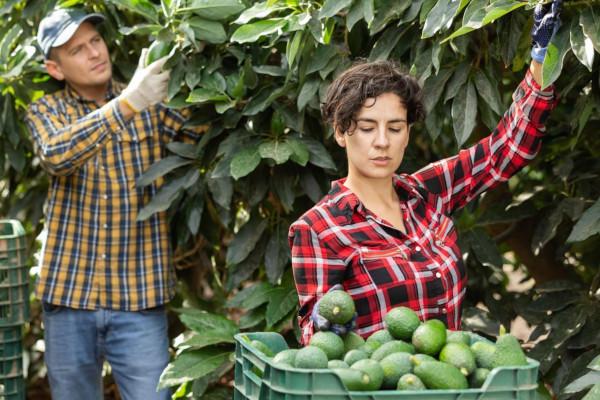
As the environmental and economic costs of industrial farming grow, so do opportunities to spur an ecological change.
- Project locations
- Germany, Austria, Bulgaria, Czechia, Finland, Netherlands, Peru, Poland, Portugal
Collaboration and jobs
Find partners for open EU calls for proposal.
Partnerships with EU countries on bioeconomy related issues.
International cooperation in bioeconomy research and innovation to help tackle global challenges.
CBE is a €2 billion partnership between the European Union and the Bio-based Industries Consortium (BIC) that funds projects advancing competitive circular bio-based industries under Horizon Europe, the EU’s research and innovation programme. CBE JU is the legal and universal successor of BBI JU.
Innovation community of industry players, agrifood startups, research centres and universities from across Europe accelerating innovation to transform the food system.
Initiative offering a shared strategic research and innovation framework for working towards sustainable bioeconomies in Central and Eastern European countries.
Alliance of EU-funded projects dealing with bioeconomy promotion and communication
ERA-Net Cofund Action under Horizon 2020, which aims to strengthen the European Research Area (ERA) in the field of biotechnology.
Researcher jobs in related fields.
Scientific publications, tools and databases
The European Bioeconomy Policy Forum (EBPF) was launched in November 2020 and is governed by all participating Member States.
The Forum operates on two levels – a high level and an expert level.
Platform supporting policy making by bringing together knowledge on the bioeconomy from a wide range of scientific disciplines and sources.
an overview of the research performed by the JRC in 10 science areas
Online library of official EU bioeconomy publications
Single point of access to open data produced by the EU institutions - all data is free to use for commercial and non-commercial purposes.
You can access open scientific publications from Horizon 2020 via OpenAIRE.
Access to marine and maritime data in Europe.
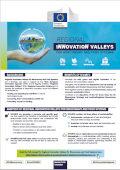
Regional Innovation Valleys for Bioeconomy and Food Systems are a thematic use case in support of the “New European Innovation Agenda” (NEIA) and its flagship initiative, “Regional Innovation Valleys” (RIVs). Regional Innovation Valleys aim to harness the potential of deep-tech innovation across...
Latest
Research and innovation news alert: The first day features the opening ceremony at 14:00 CET, a journey through the 40-year-old history of the EU R&I framework programme and discussions about its future, and culminates with the announcement of the Women Innovators Prize Ceremony at 17:00 CET.
Today, the European Commission opens registrations for the Research and Innovation Week, which is taking place from 18 to 21 March both, in Brussels and online, allowing everyone to get involved from anywhere.
We invite young changemakers and stakeholders to register for the high-level event of the upcoming Bioeconomy Changemakers Festival (13-14 March, 2024 in Brussels and online).
This high-level event, which is part of a week-long Festival from 11 to 17 March, gives voice to youth and changemakers on how to move towards a sustainable, circular bioeconomy.

